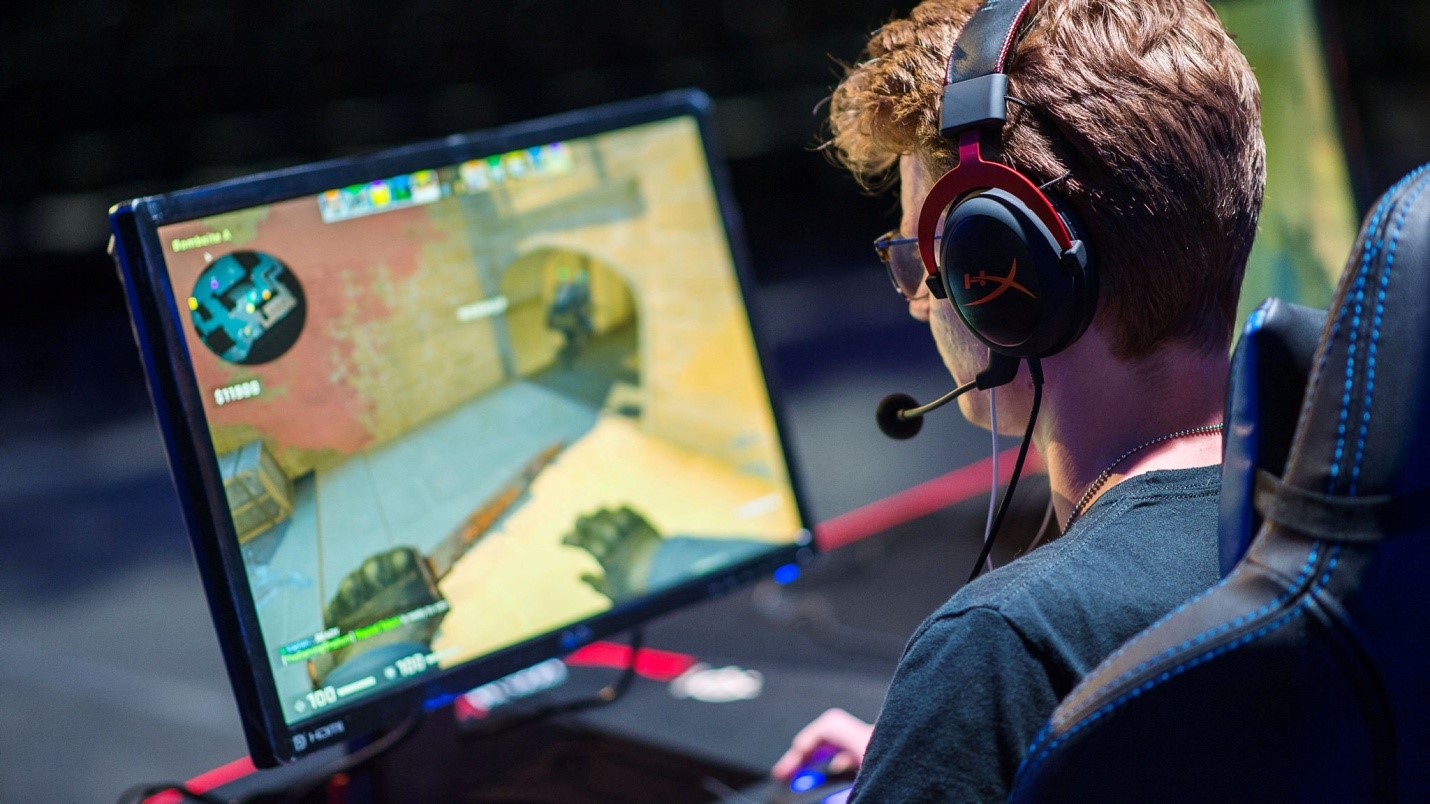Uniting Cultures Across the Globe: Online Gaming as a Worldwide Society

In an increasingly interconnected world, online gaming has emerged as a dynamic platform that crosses spatial boundaries and cultural barriers. Gamers from diverse backgrounds come together in virtual environments, creating communities that thrive on common experiences, cooperation, and competition. This virtual realm not only provides amusement but also serves as a significant avenue for cultural exchange, promoting understanding and friendship among individuals who might never cross paths in real life.
The benefits of engaging in online games go well beyond mere fun. As participants engage in cooperative missions or competitive tournaments, they develop vital interpersonal skills while learning to appreciate different perspectives and approaches. This dynamic interaction encourages teamwork and problem-solving, making online gaming a unique space for personal growth and cultural connection.
The Ascent of Online Gaming Communities

In the past few years, online gaming has seen an dynamic growth, creating vibrant and diverse communities across the globe. Gamers from different backgrounds come together in online spaces, united by their enthusiasm for gaming. This fusion of cultures fosters bonds that transcend spatial boundaries, allowing players to meet and collaborate with others who share common interests, regardless of their location.
These gaming communities offer more than just a place to play; they provide a sense of community that many players crave. Within these platforms, friendships are formed, collaboration is emphasized, and communication skills are developed. Players learn to navigate different angles and cultural nuances, enriching their understanding of the world and broadening their social connections in a way that traditional hobbies often cannot.
Additionally, online gaming has become a platform for relationship building and collaboration that can lead to tangible initiatives. From philanthropic efforts to open dialogues about representation in gaming, these communities harness the unified force of their members to create positive change. As players unite for mutual causes and missions, they demonstrate the true power of connectivity that gaming can offer, fostering a international community that thrives on shared values and collective experiences.
Cultural Interaction By Gameplay
Engaging in online games creates a distinct space for cultural exchange, enabling individuals from varied backgrounds to interact in a common virtual space. Gamers engage in team-based or rival play, often creating teams or guilds that overcome geographic boundaries. This engagement fosters an environment where players can share their customs, language, and traditions, enhancing the gameplay experience. As players communicate and plan, they unknowingly teach each other about their own cultures.
Furthermore, many online games are developed with motifs, narratives, and designs that draw ideas from different world cultures. This also improves the gaming experience but also brings players to new cultural concepts and storytelling approaches. For playgama.com , a game set in historical Japan may expose players to the lore of samurai, tea rituals, and traditional art forms, leading to a more profound appreciation for that culture. By immersing in these virtual worlds, gamers can understand cultural subtleties they might not come across otherwise.
In conclusion, the player community commonly celebrates cultural events and festivals within games, allowing for a collective experience that showcases diversity. These events not only provide entertainment but also promote awareness and empathy among players of varied backgrounds. By taking part in these communal activities, gamers contribute to a global dialogue that highlights respect and appreciation for one another's heritage, ultimately bridging cultural divides through mutual passion and teamwork. spintax
Obstacles and Possibilities in Global Gaming
As gaming continues to grow as a global phenomenon, it brings with it a unique set of challenges. One significant concern is the cultural variations that can lead to misunderstandings among players from various backgrounds. What one player finds entertaining or tolerable might be seen as disrespectful by another. These differences can create friction in gaming communities, affecting teamwork and enjoyment. To address these challenges, developers and players alike must promote cultural sensitivity and awareness, ensuring that gaming remains a friendly space for everyone.
On the other hand, the global nature of online gaming presents numerous possibilities for enhancing cultural exchange. Players from diverse parts of the world can come together to discuss experiences and insights, fostering connections that transcend geographical barriers. Online games often serve as platforms for collaboration and teamwork, encouraging players to engage and cooperate with those who have different cultural backgrounds. This exchange can lead to a richer understanding and appreciation of different cultures, enriching the gaming experience for participants.
Additionally, the rise of esports has paved the way for a truly global gaming community. Major tournaments attract participants and viewers from around the world, celebrating not just the games but the cultures of the players. This convergence showcases a colorful tapestry of traditions and languages, further connecting players and fans. By embracing these opportunities, the gaming industry can continue to break down barriers, creating an welcoming environment where cultural connections flourish.
